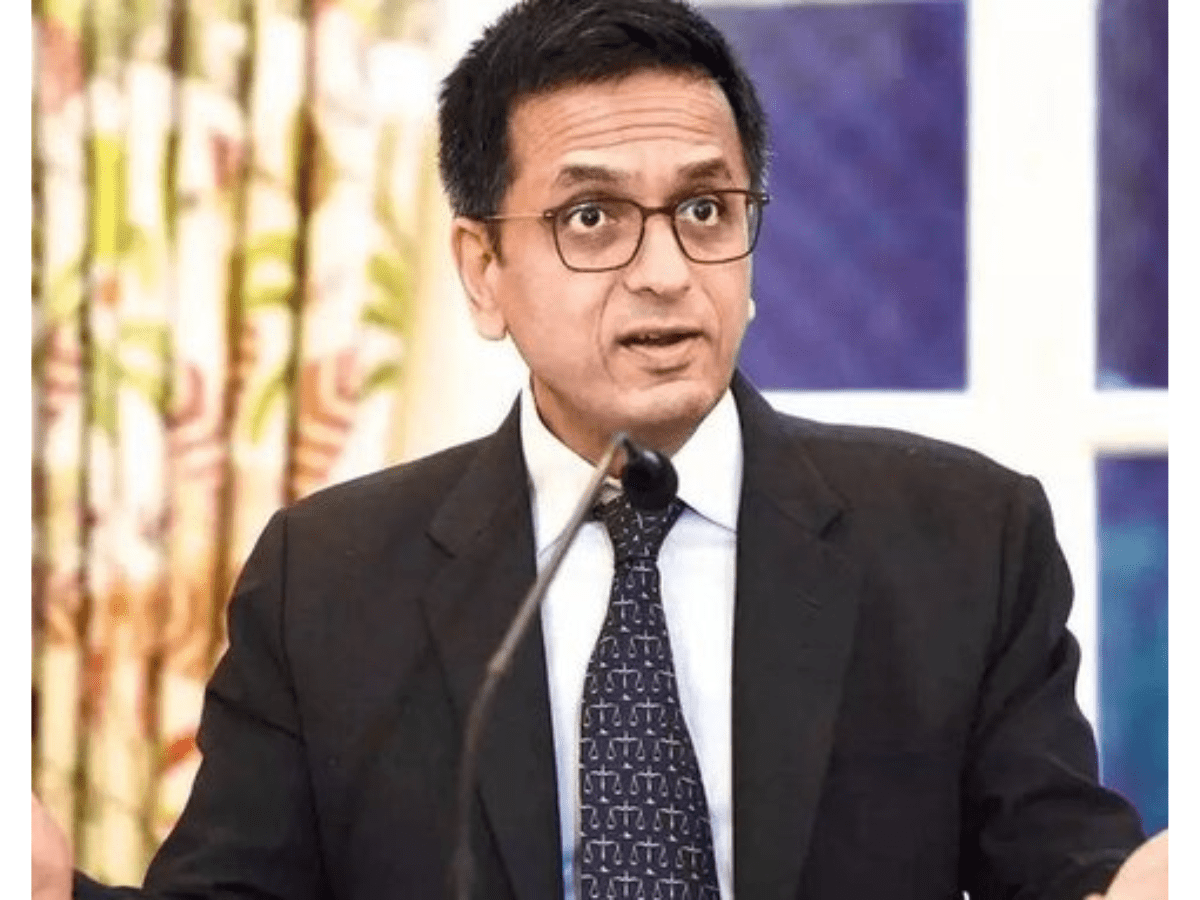
New Delhi: During hearing on the batch of pleas challenging nullification of Article 370 before the Constitution Bench, Chief Justice of India (CJI) D.Y. Chandrachud said that the digital SCR (Supreme Court Reports) having exact headnotes as it appears in volumes will be out soon in the next few weeks.
CJI Chandrachud urged the legal fraternity to get into the habit of citing SCR in pleading or during oral argument before the Supreme Court, adding that the free digital services will help lawyers across the country from the district level to high courts.
“SCR is now digital. We already got eSCR. Hopefully, in the next few weeks, we will have a digital SCR. Digital SCR is exactly as it appears in volumes. eSCR is obviously an electronic copy. We have updated the headnotes right probably upto the last month or so now,” he told members of the bar.
He asked lawyers to have a look at eSCR and called for their suggestions or improvement. He said that the SCR had fallen way behind its time and is now being regularly updated.
“We are moving from eSCR to digital SCR. Digital SCR will have volume,” he said, adding that SCR will have neutral citation.
The announcement was made after senior advocate V. Giri during his oral arguments submitted that the recent top court’s judgment “doesn’t have SCC citation so far and have SCC Online” citation.
SCR is the official journal of reportable Supreme Court decisions, which is published under its authority. Each part contains the full text of reportable decisions with Head Notes, a Subject Index and a Nominal Index.
The Head Notes are approved by the Judges of the Supreme Court who delivered the judgment.
The e-SCR portal is the repository of the electronic version.
This year, the Supreme Court under the leadership of CJI Chandrachud uploaded translation of over 9,400 judgments in different languages on the e-SCR portal.
The translated versions of Judgments are made available in 15 languages — Assamese, Bengali, Garo, Gujarati, Hindi, Kannada, Khasi, Malayalam, Marathi, Nepali, Odia, Punjabi, Tamil, Telugu and Urdu.
On August 15, Prime Minister Narendra Modi from the ramparts of the Red Fort lauded the Supreme Court for its decision to provide the operative part of judgements in the mother tongue of litigants.

